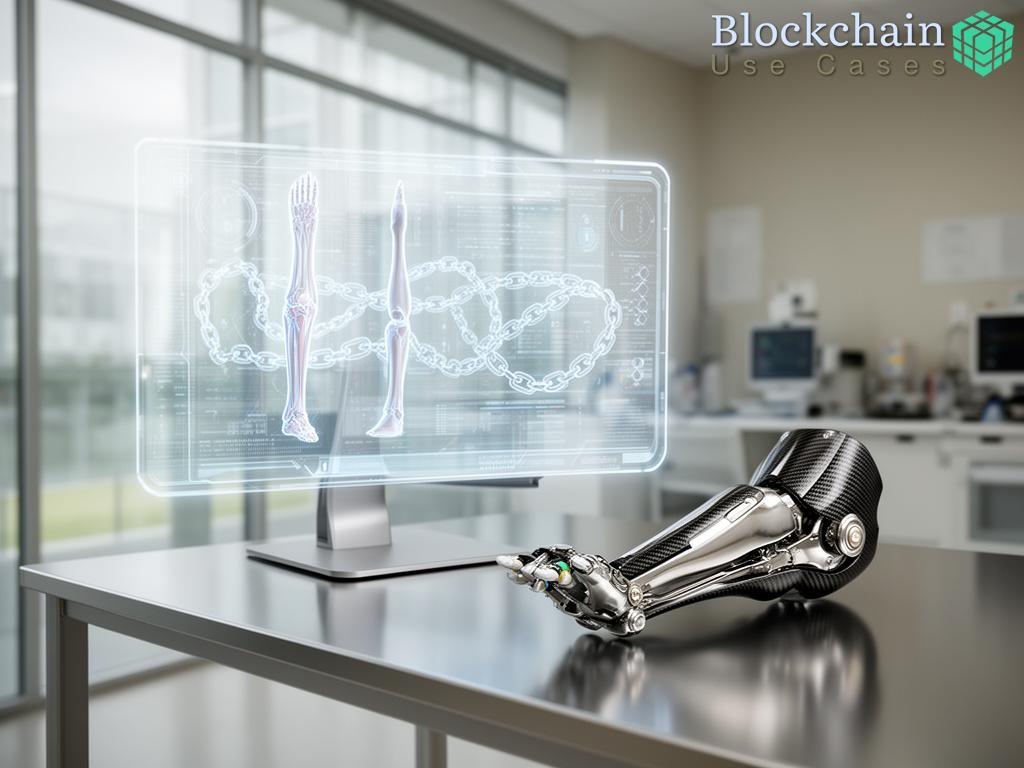In the modern healthcare landscape, the management of patient identities is critical to ensuring both security and accessibility. Traditional centralized systems often fall victim to data breaches, leading to compromised personal information and a loss of trust in healthcare providers. This article explores the revolutionary concept of decentralized patient identity management (PIM) and its potential to transform the way healthcare systems operate.
Understanding Decentralized Identity Management
Decentralized identity management utilizes blockchain technology to create a secure and immutable record of patient identities. Unlike traditional systems that rely on a central authority, decentralized PIM allows patients to control their own identity data. This shift not only enhances security but also empowers individuals with the ability to share their information on a need-to-know basis.
The Benefits of Decentralization in Healthcare
Decentralization brings several advantages to patient identity management in healthcare systems. Below is a comprehensive list of benefits that highlight its transformative potential:
- Enhanced Security: By eliminating a central point of failure, decentralized systems significantly reduce the risk of data breaches.
- Patient Empowerment: Individuals can manage their own health data, deciding who can access it and under what circumstances.
- Interoperability: Different healthcare providers can access and share patient data seamlessly, improving coordination of care.
- Cost Efficiency: Reducing administrative burdens and streamlining processes can lead to significant cost savings for healthcare organizations.
- Regulatory Compliance: Decentralized systems can be designed to comply with regulations such as HIPAA, ensuring that patient information is handled appropriately.
Challenges and Future Perspectives
While the benefits of decentralized patient identity management are substantial, several challenges must be addressed to implement these systems effectively. Issues such as user adoption, technology integration, and regulatory hurdles require careful consideration. However, as the healthcare industry continues to evolve, the potential for decentralized PIM to enhance patient care and data security is becoming increasingly evident. By overcoming these challenges, healthcare systems can pave the way for a more secure and patient-centered approach to identity management.





